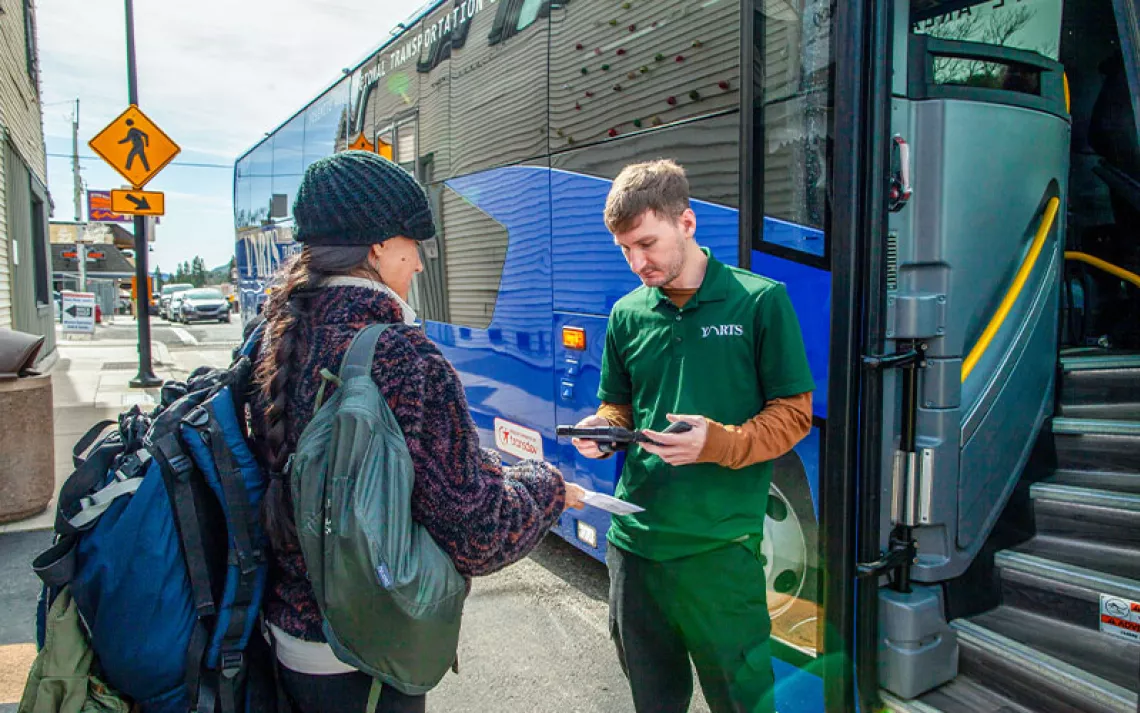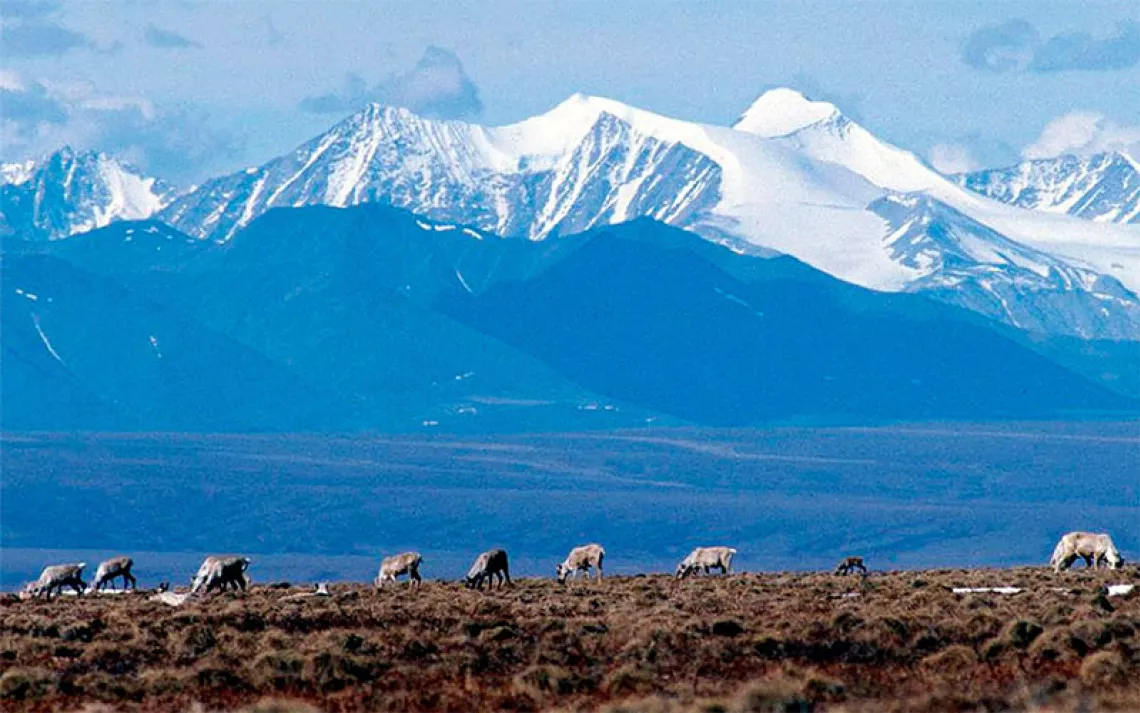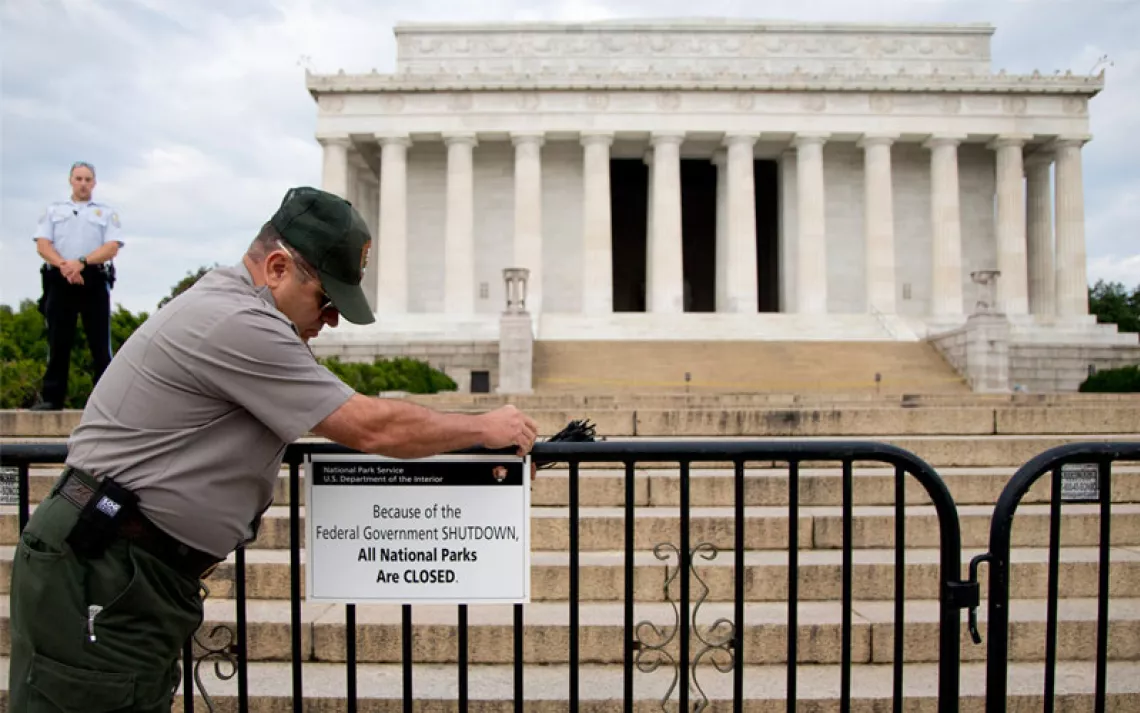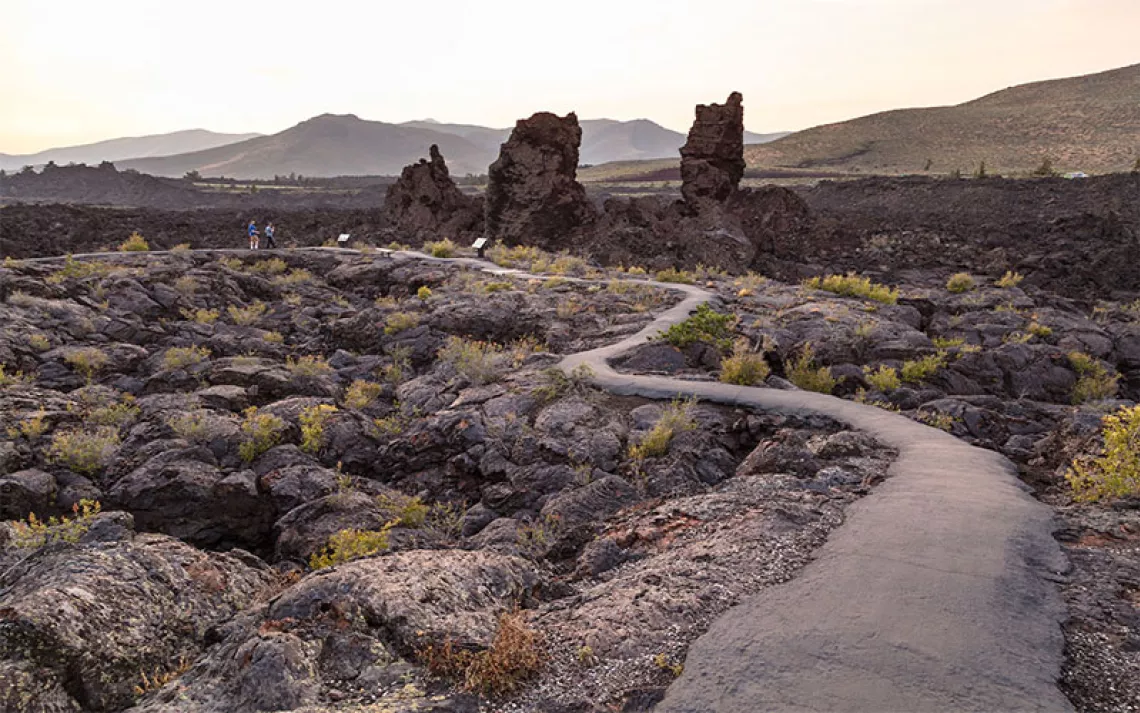One Battle in Washington Puts Your Access to National Parks at Stake
Access to America's public lands boils down to three little letters: API

America’s national parks and public lands dot the map from coast to coast. If you want to camp in one, you can choose between desert, dense woods, white sand beaches, and any number of other splendid ecosystems. But before you do, you have to make a reservation through one singular booking site. For the last ten years, recreation.gov has been the sole provider of campsites on public lands, with its booking service contracted out to a company called Reserve America. Now that contract is up, and the government is drafting an updated version that will determine how the new rec.gov will function.
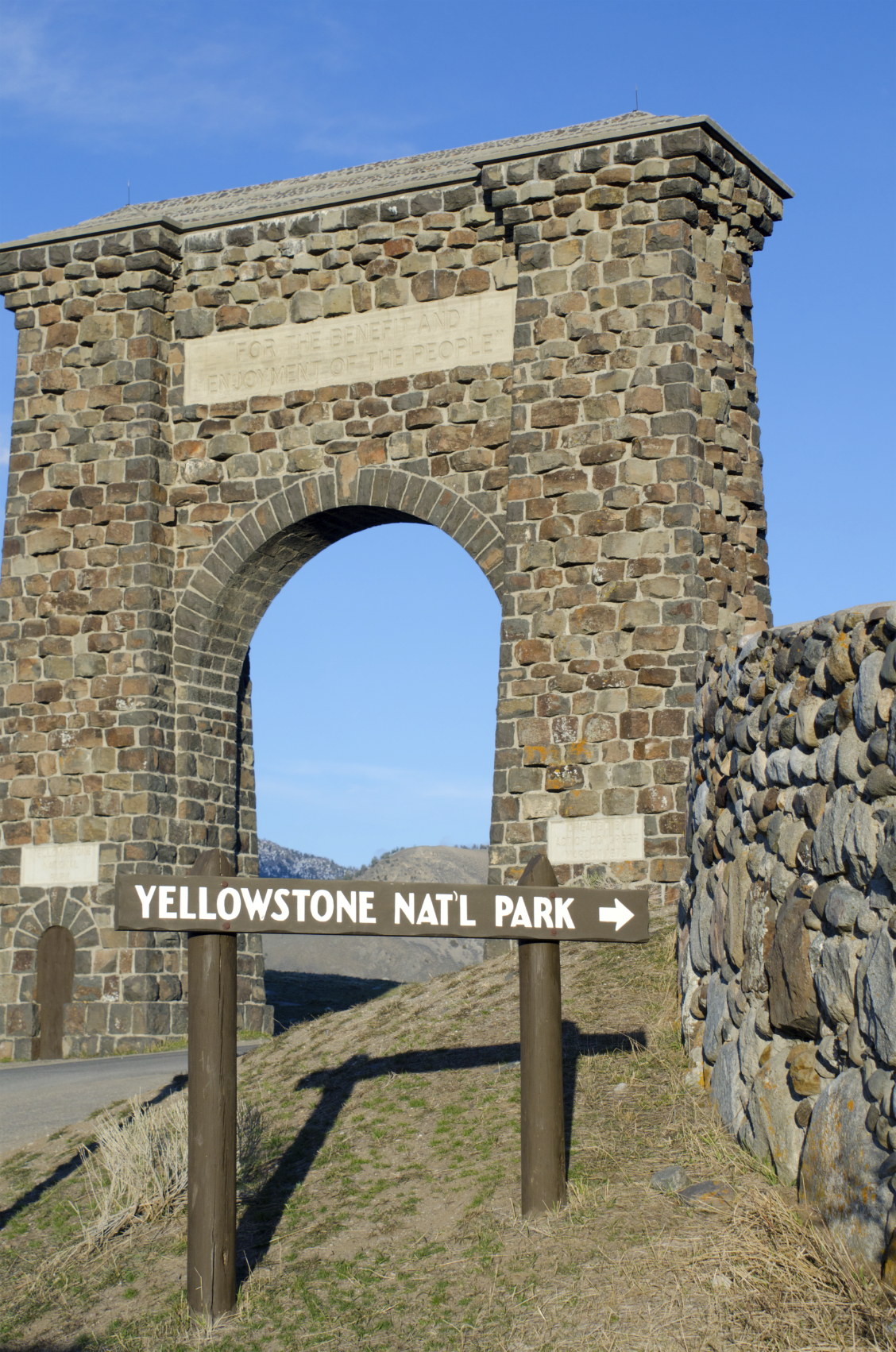
The current request for proposals is getting a lot of flak from outdoor enthusiasts nationwide. The problem? It doesn’t include mechanisms to guarantee an open data platform. Under the terms of the expiring contract, important park data has functioned like corn in a silo, getting portioned out at the sole discretion of the owner. An open data platform will allow an ecosystem of apps and programs to grow on it, especially in conjunction with an API.
An API is what allows two different programs to “talk” to one another. For instance, travel booking sites like Travelocity and Kayak use APIs to collect price and availability information from airlines and hotels, and then present this information to you. In the case of campsite bookings, an API will allow third-party vendors to extract park data like site vacancies, park amenities, and prices. With this information, third part vendors will be able to compete to offer you the best possible service, making getting outdoors more convenient than ever.
An open data platform will also enable digital entrepreneurs to reach markets traditionally neglected by the outdoor community, which is why specialized gear retailers and camping sites like Outdoor Divas and OutdoorAfro.com have already pledged their support for the open data campaign. These companies have succeeded despite playing on the closed data system’s uneven field. An open data platform will level the playing field, facilitating services for every class of outdoor enthusiast. One vendor might serve disabled campers, another might serve Spanish or Chinese speakers. The possibilities are endless.
Alyssa Ravasio, CEO of HipCamp and a vocal and influential open data advocate, points to the Obama administration’s strong and clear stance on open data: a 2013 executive order dictates that “the default state of new and modernized Government information resources shall be open and machine readable.” As Ravasio says, “Why this contract would be any different is still a bit of a mystery.”

In 2013, President Obama issued an Executive Order mandating open data on most federal websites.
The Sierra Club supports the plan for Open Data for Open Land because it promises to increase access to the outdoors for all Americans. By all accounts, the government procurement team has been making an earnest and genuine effort to accommodate third-party entrepreneurs, but as Ravasio puts it, “They need to take a stand, and be brave and stand up to these companies that are going to be putting in bids. They need to tell them what is going create the best outcome for the American people and not the best outcome for these contractors.” As it stands, access to our public lands is a propriety interest of a single cooperation, close to a monopoly if not a full-fledged one. Our public lands are too precious to hoard. We need to open them up digitally in order to open them up to everyone.
 The Magazine of The Sierra Club
The Magazine of The Sierra Club
